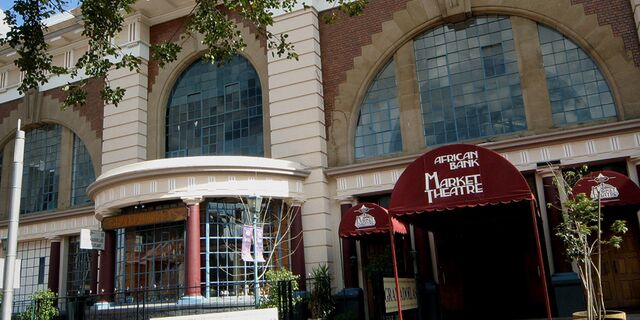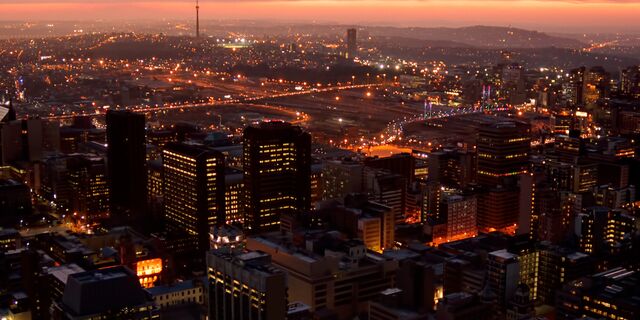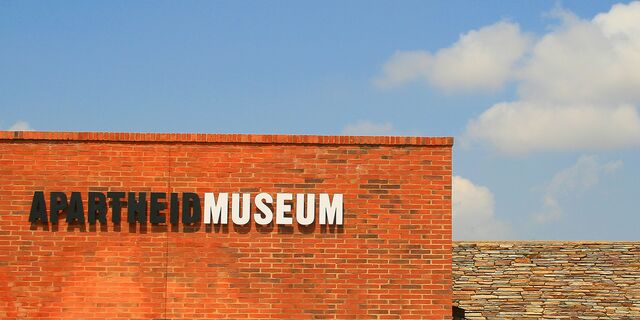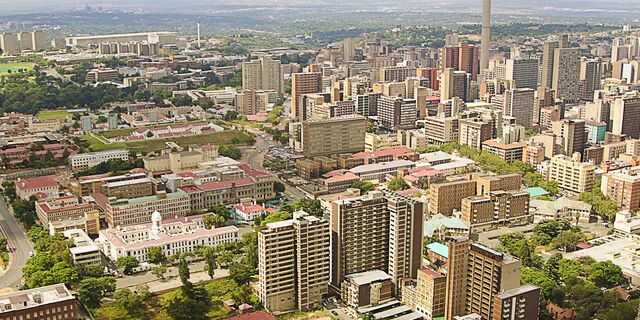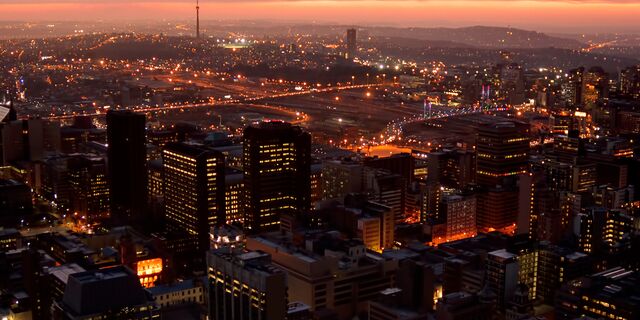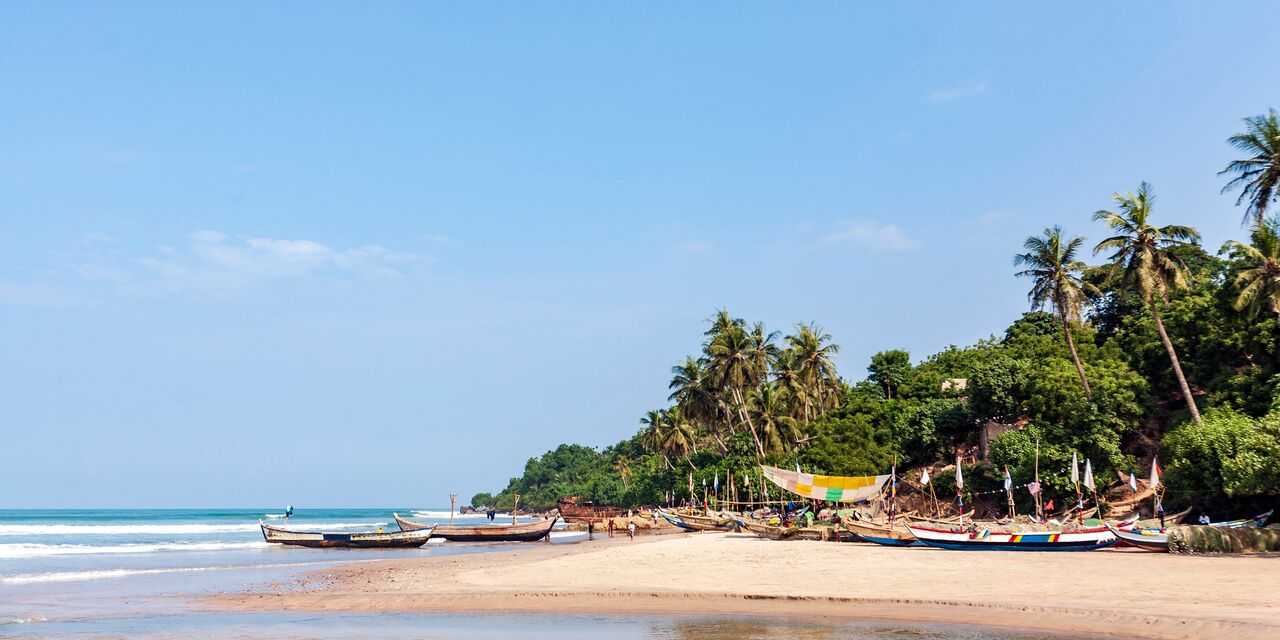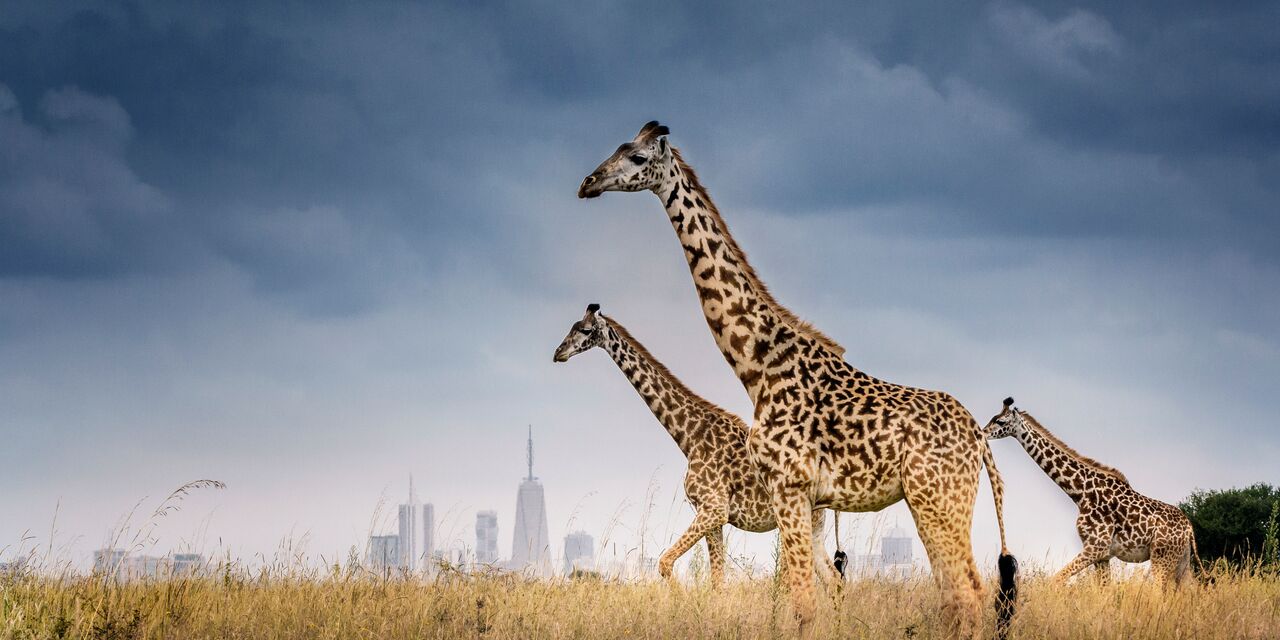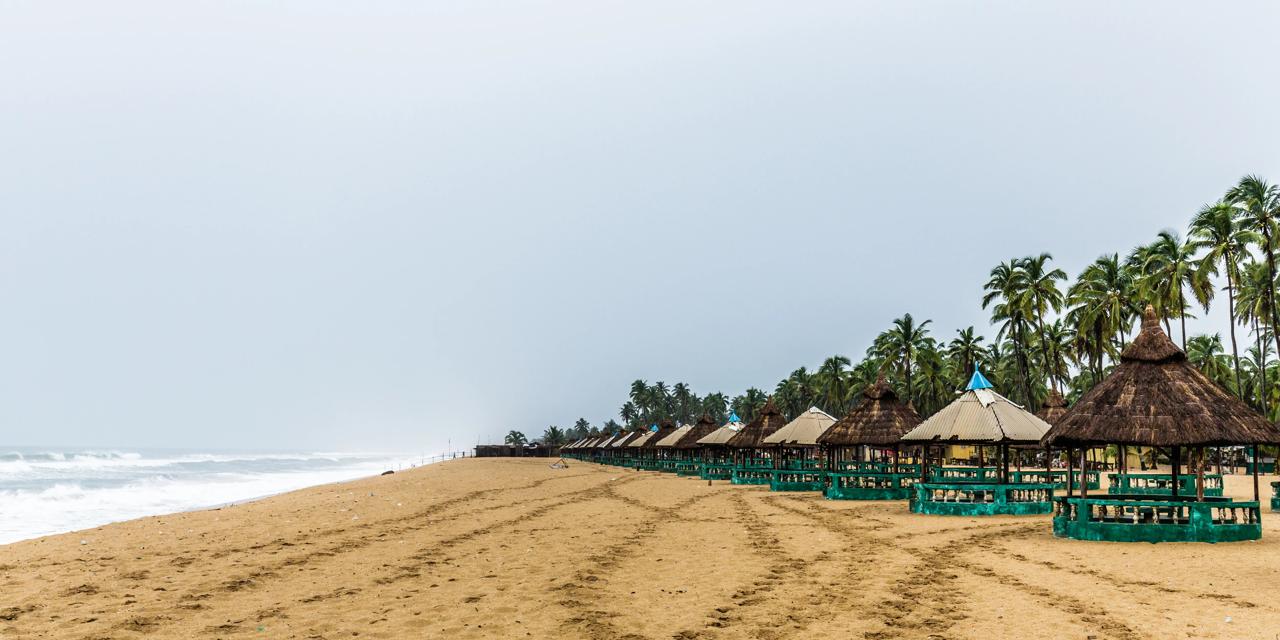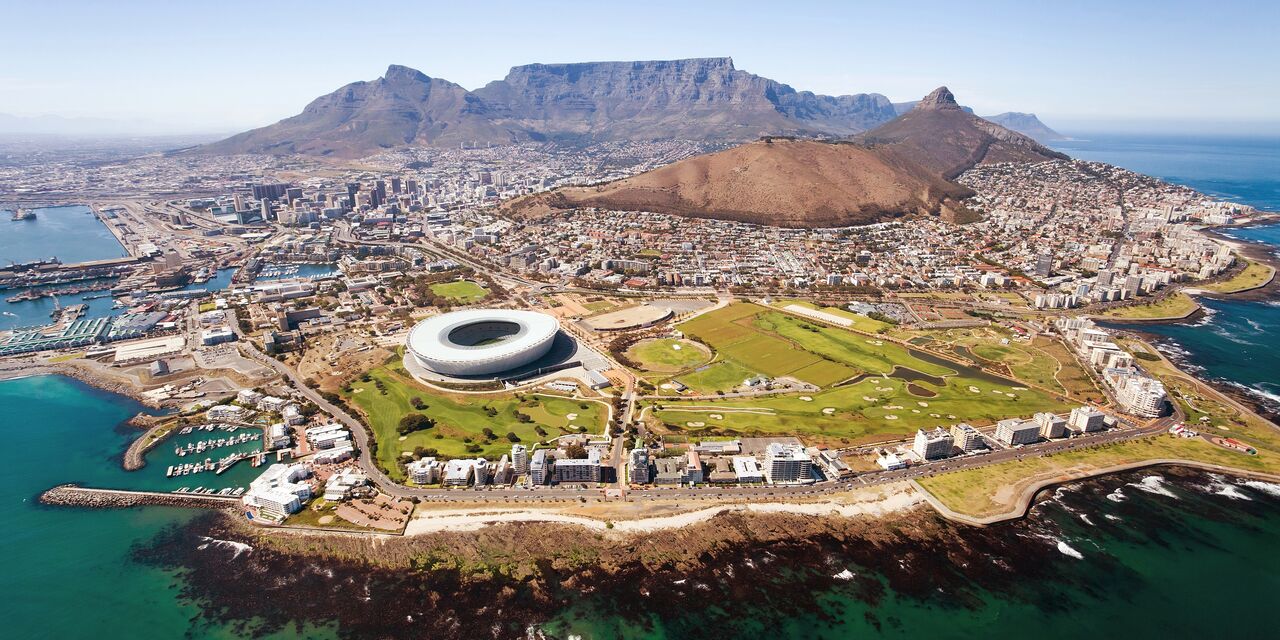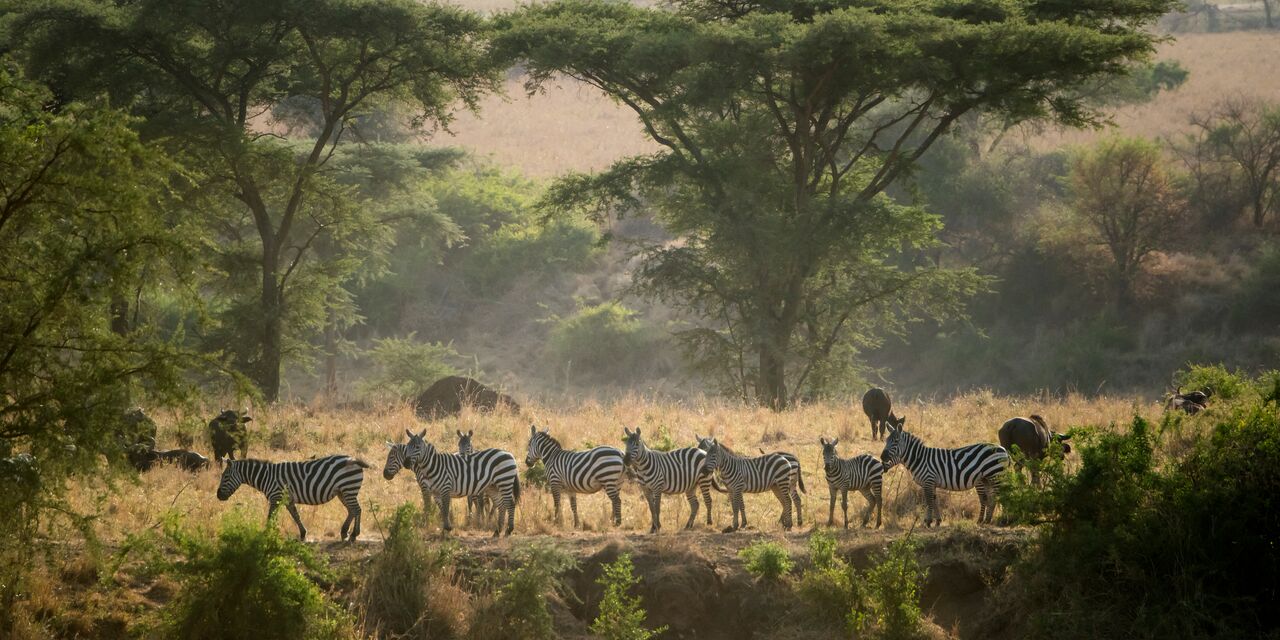Soweto: the heart of the city
Soweto, originally an abbreviation for South Western Townships, came into being as a suburb that housed miners and black workers. This city district southwest of Johannesburg grew to symbolise the struggle against apartheid. Nowadays, Soweto is a lively reflection of the new South Africa, where a number of noteworthy monuments serve as reminders of an illustrious past.
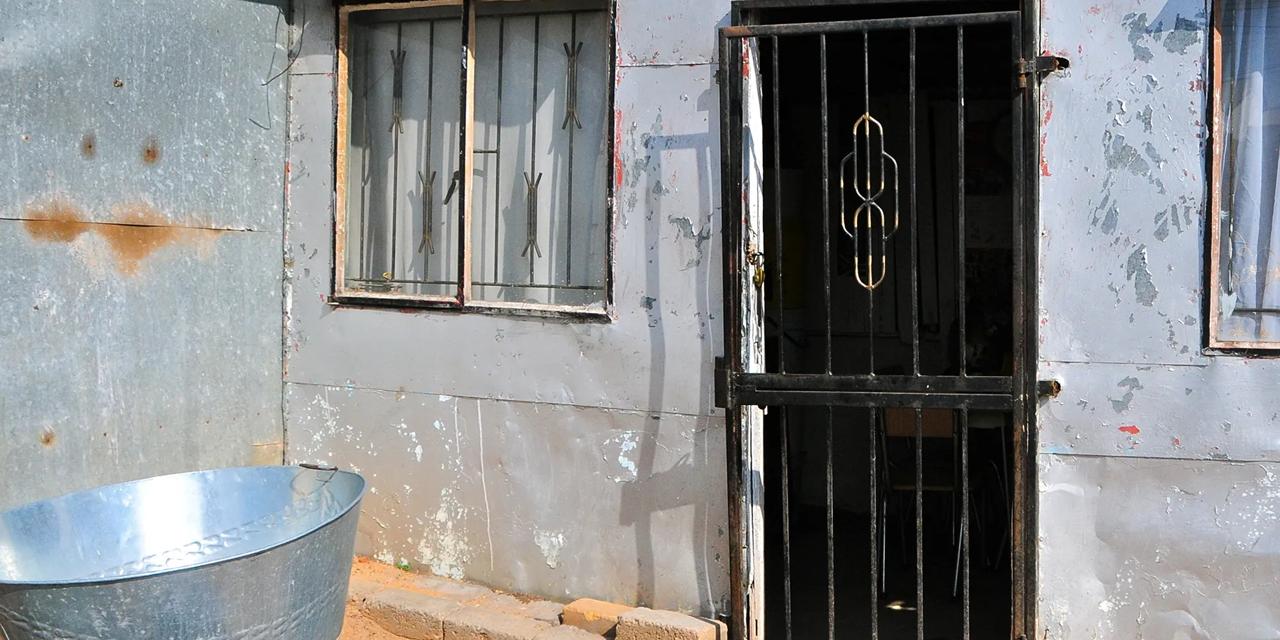
Soweto in revolt
The government’s announcement in 1976 to educate children in Afrikaans instead of English was met with massive protests in Soweto. During one of the student marches, 13-year-old Hector Pieterson was shot and killed by the police. The picture of the boy being carried away from the protest went around the world. The Hector Pieterson Memorial Site was established in 2002 to commemorate this summer of riots, which cost the lives of hundreds of people. Located close to where the killing took place, this museum tells about the riots through eyewitness accounts, pictures and film.
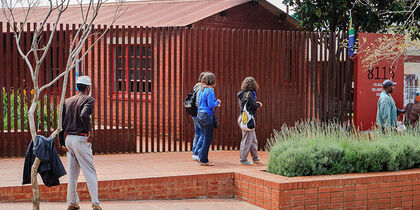
Heroes of the apartheid
A number of famous anti-apartheid fighters spent part of their lives in Soweto. Nelson Mandela lived here for a period, as did Arch Bishop Desmond Tutu. Both had a house on Vilakazi Street in the Orlando West neighbourhood, making this street the only one in the world where two Nobel laureates have lived. Familiar to many from the countless TV appearances of his former wife Winnie, the simple brick-red ‘matchbox house’ where Mandela lived is now a museum, where memorability, paintings and pictures of the Mandelas are on display.
African metropolis
Johannesburg may be a modern and fast-paced metropolis, but a more pleasant chaos reigns in Soweto. This can clearly be seen from the footbridge from the Chris Hani Baragwanath Hospital, where you can look out over the district, with its charming chaos of street vendors hawking their goods and buyers trying to negotiate the best price. In the meantime, commuters try to find a taxi to work.
*The displayed prices are for one adult. All amounts are in KRW. Taxes and surcharges are included. No booking fee is applicable. Prices shown may vary depending on fare availability.
The weather forecast information is provided by World Weather Online. Air France-KLM is not responsible for the reliability of this data.


